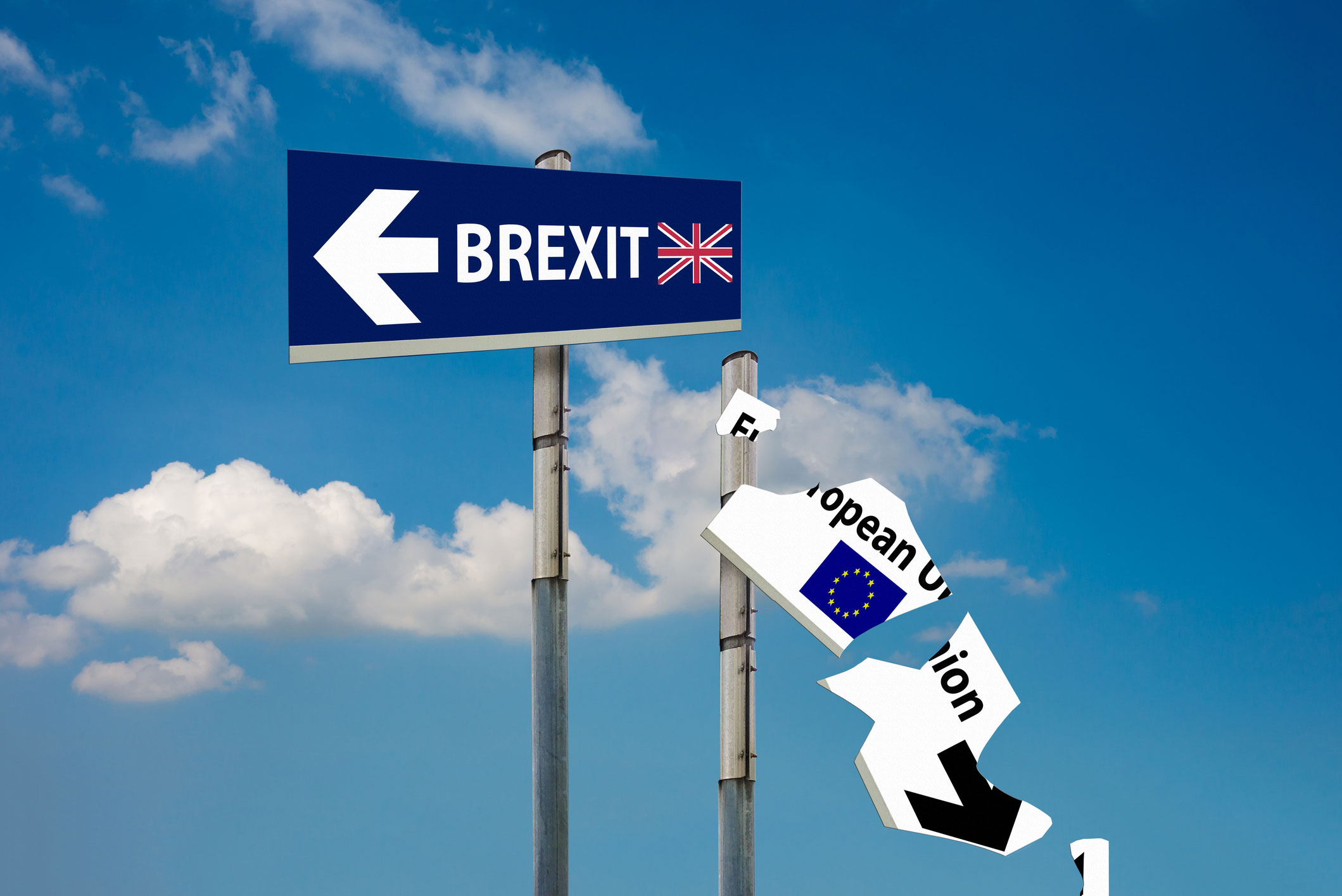The effects of Brexit on businesses and logistics have been hard to precisely pin down since the UK voted to leave the European Union back in 2016. However, businesses, economists and politicians have all made various claims about what they believe the Brexit impact on trade between the UK and EU might look like.
Thankfully, the UK government has attempted to dispel some of the confusion surrounding the Brexit consequences in a ‘no deal’ scenario. On the 23rd August 2018, the UK government published a number of white papers on Brexit and logistics which will help businesses to understand the issues they’ll face in the wake of a ‘no deal’ situation.
At Smart Directions, we’ve been carefully planning our own Brexit strategy to minimise the disruption our customers will face if a deal isn’t reached. To speak with an experienced member of our team about Brexit and logistics for your business, please contact us now.
Brexit impact on trade: importing from the EU
In a ‘no deal’ scenario, UK businesses importing goods from the EU should expect mandatory import declarations, customs border checks and customs duty charges. In essence, businesses will be required to follow the same customs rules that are in place for trading with non-EU countries at the current time.
Before importing goods from the EU, businesses will be required to:
- Apply for an import license if necessary
- Register an UK Economic Operator Registration and Identification (EORI) number
- Change contracts and International Terms and Conditions of Service (INCOTERMS) to reflect that they are an importer
- Choose the correct classification for the value of their goods and enter this into their declaration. Learn more about tariffs here.
- Decide whether you will submit import declarations yourself or use a logistics company like Smart Directions to submit them for you
When importing goods from the EU, businesses will be required to:
- Have submitted an import declaration to HMRC
- Pay any Value Added Tax (VAT) and all import duties
- Have already registered and received a valid EORI number
- Ensure that their carrier has submitted an Entry Declaration
- Declare any goods on EMCS bound for onward movement if required
Brexit impact on trade: exporting to the EU
For businesses looking to export good to the EU in a ‘no deal scenario, it will be required that they follow the same customs procedures currently in place when exporting to a non-EU country.
Before exporting goods to the EU, businesses will be required to:
- Register an UK EORI number
- Change contracts and INCOTERMS to reflect that they are an exporter
- Decide whether you will submit import declarations yourself or use a logistics company like Smart Directions to submit them for you
When exporting goods to the EU, businesses will be required to:
- Have already registered and received a valid EORI number
- Submit their export declaration to HMRC by using their software, online, or through a logistics company like Smart Directions (this may need to be completed in advance)
- Apply for an export license or provide additional documentation if exporting certain goods or if there are customs export conditions that need to be met
While the Brexit consequences for logistics and trade aren’t set in stone, there’s a possibility that businesses will need to take the steps we’ve listed if importing from or exporting to the EU. In our next article, we’ll outline how business can work to mitigate the effects of Brexit on their logistics operations.
However, if you’d like to speak with a highly-qualified member of our team about developing a logistics strategy to help your business weather a ‘no deal’ Brexit scenario, please get in touch with us today.

